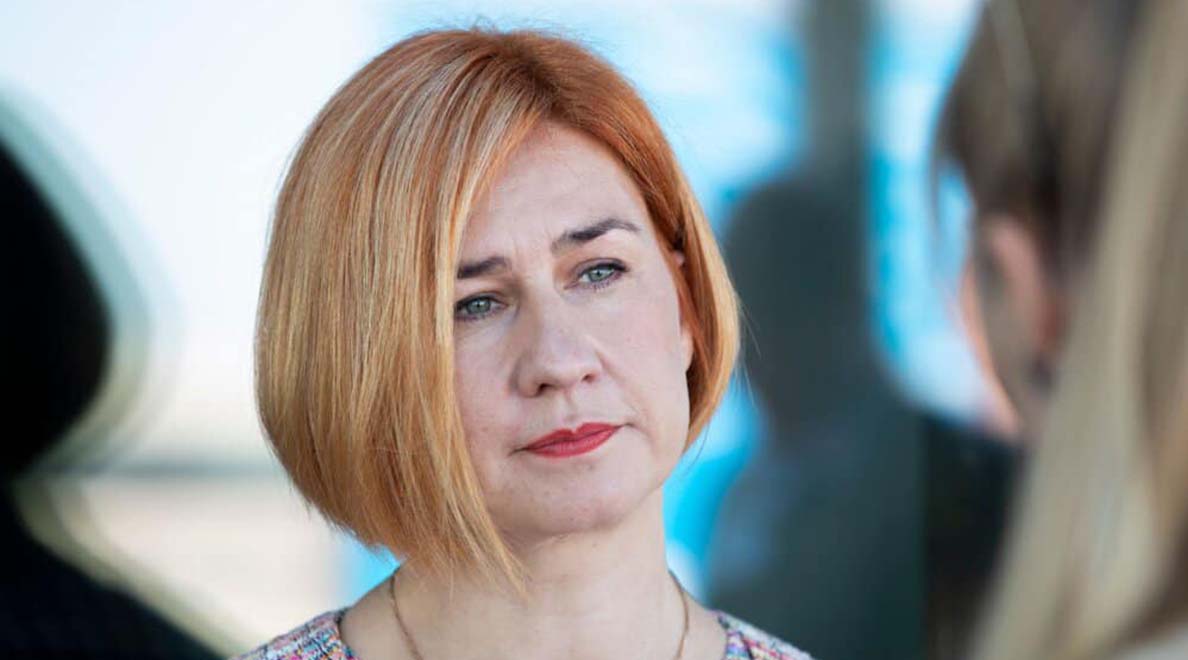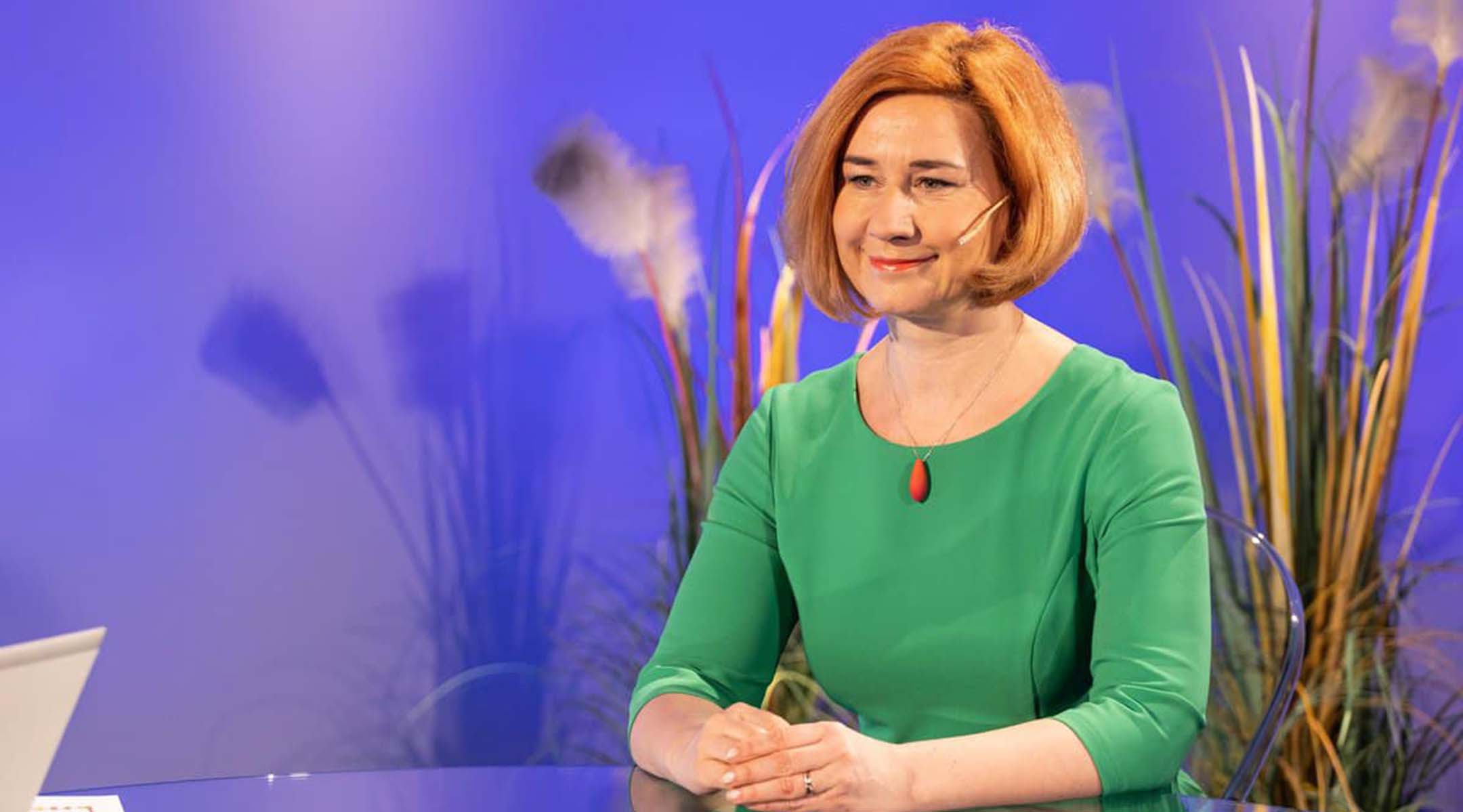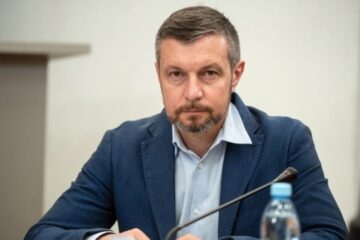Lavly Perling, a member of the Ethics Council for evaluating candidates for the High Council of Justice and former Estonian prosecutor general, in an exclusive interview with Ukrinform described how the war affected the selection process and what is needed to fight corruption in Ukraine.
– You have been a member of the Ethics Council for evaluating candidates to the High Council of Justice since 2021. How has the full-scale Russian invasion affected your work?
– Of course, the war has changed the work of our Council because it changed the world. At that time, we already built strong working connections between members, and the Council agreed to organize the work remotely. We started interviewing candidates to the High Council of Justice on February 20, 2022. Of course, on February 24 we had no interviews, and for a short period after the Russian invasion, we stopped our activities. But it did not take us much time to understand that we must continue our work. However, we needed to make necessary adjustments taken the start of the martial law. We decided not to broadcast the interviews online to protect candidates and their relatives, but we will publish the interviews right after the martial law is lifted. Some amendments were needed to adjust our procedures with the martial law, but we sorted it all out and finished evaluation of all the candidates.

– What are the main challenges?
– Today we are having quite a regular work; we just finished our intensive period. In the middle of February last year, we had a lot of challenges because it was absolutely necessary to start our work. But we managed all our challenges. It was 20-21 February when ten members of the HCJ (High Council of Justice) decided to retire, and it was a challenge how to move on as quickly as possible because the judiciary in Ukraine needed a functioning HCJ. As you remember, Putin mentioned HCJ in his speech, which only confirmed the importance of the process.
The biggest challenge was to keep track and move on step by step, to stay strong with no compromises. And today, most of the members of the High Council of Justice are appointed and we will not have big challenges anymore. Just continue our usual work.
– How transparent is the selection process?
– The process is absolutely transparent. And it has been a shared value of the Ethics Council. It’s an honor to work for Ukraine. I have been a prosecutor and Prosecutor General in Estonia and fought against corruption. It was a principal issue for me because corruption makes states weak and people poor. Corruption is not a part of the judicial question. It is a question of mentality and economy. That is why it’s necessary to continue the fight against corruption and not give up. And corrupt people are afraid of transparency, so transparency is one of our core values if we want to be successful in the battle.
– What should Ukraine do in the first place to fight corruption?
– I like to say that nations and countries are different, but the way how to fight corruption is quite universal everywhere and every time – in Ukraine, Moldova, Estonia, etc.
There are always three basic topics: first, we need the political will to fight against corruption; second, we need effective law; and third, we need motivated fighters. That’s all we need. Sometimes people lose hope so we have to check where we are in this fight. Have you got the political will? Have we got the efficient law and motivated fighters? We need three components because even if only one is missing, the fight is not effective. There can be trust between society and the judiciary, but in the end, it’s the most important thing that Ukrainian would not be corrupt and have a strong economy so that people can have a better life in the future.
– There are corruption scandals going on in Ukraine from time to time. What component is missing in Ukraine?
– I don’t want to say that something is really wrong. But corruption makes the state weak. Today motivation to fight against corruption is stronger than ever before because people understand the consequences of corruption. Corruption cases are painful for society, but at the same time, they help to fight against it.
The corruption cases could be a good sign that decision-makers at the very top of the political power are ready to deal with it. Starting from the top, from the HCJ, is a good idea because corruption is always a question of mentality, and the highest judges can set the culture of the judiciary. I think it is important corrupt [officials] should be convicted.
I also believe that we have to start with education because it’s difficult to change everything at the same time in Ukraine. If we start from the top and with education, the culture from the educational level will lead, and society will be cleaner. An established rule of law will lead to a strong economy. Giving responsibility to the young generation and people without connections is necessary. They will build Ukraine’s new cleaner society. Move forward, and do not lose hope.

– How do you assess the judicial reform in Ukraine?
– The most important is to continue with the reforms. Reforms are always difficult because there are always people who oppose them and the changes. Some kinds of changes can come quicker, and it’s good to take on board some international experts to support the processes, but only Ukrainians can build up the country.
Oleksandra Klitina, Kyiv
Source: Lavly Perling, member of Ukraine's Ethics Council, former Estonian prosecutor general




